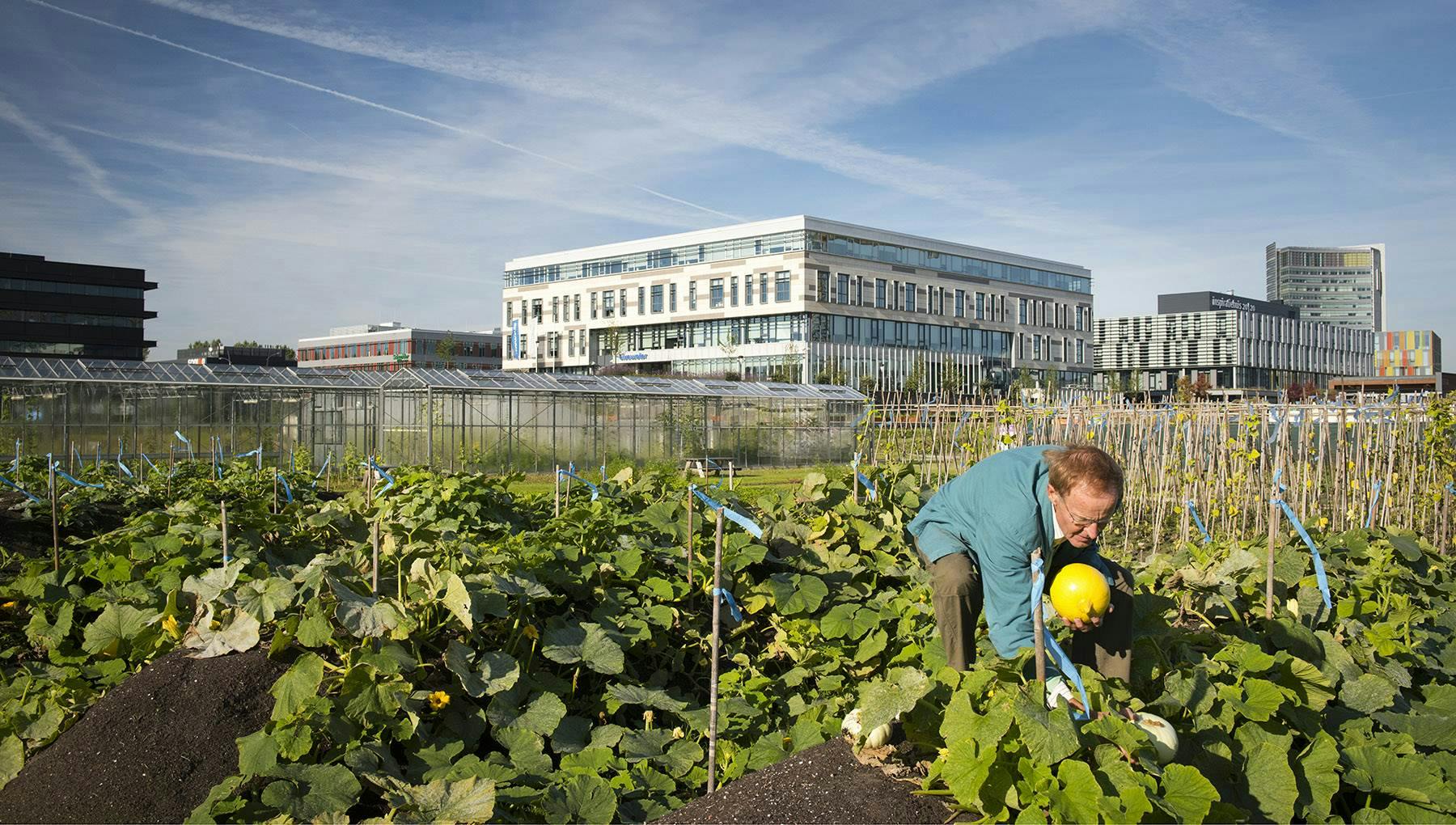Five businesses driving a sustainable post-pandemic recovery in Amsterdam
As the post-pandemic economy recovers, these Amsterdam companies are part of a crop of local businesses to have been awarded REACT-EU funding for their innovative proposals to rebuild greener.
Companies rebuilding greener
The Netherlands’ economy has been one of the most resilient to the shocks of the COVID-19 pandemic, and has benefited from a rapid bounce-back in startup funding. Nevertheless, like everywhere else in the world it is still in the midst of recovery. As the country rebuilds, it’s important that it does so in a way that’s also greener.
To this end, the EU has been allocating funds across the bloc through the Recovery Assistance for Cohesion and the Territories of Europe (REACT-EU) initiative. A total of €50.6 billion will provide financial aid for economic recovery from the COVID-19 pandemic, particularly for initiatives spearheading the transition to a digital and sustainable economy. So far, €15.5 million has been allocated to 17 projects in Amsterdam alone. We’ve picked five of those businesses and initiatives in Amsterdam who are using their REACT-EU funding to build back greener.
BouwAcademie
Focused, quite literally, on sustainable rebuilding, the BouwAcademie is training up the construction experts of tomorrow. At a new state-of-the-art training centre in Diemen, schools, employers, unions and research organisations will come together to develop and implement the latest innovations in sustainable construction.
The initiative was allocated REACT-EU funding to allow it to spearhead economic recovery through its ‘learn-work-innovation’ environment. On the one hand, it facilitates students and professionals in learning the skills needed to apply the latest green technologies in construction: from solar panels to smart materials. On the other, it helps businesses increase the sustainability of their practices, and helps make existing buildings in Amsterdam even greener.
Bean me up!
For this new project, nothing is greener than beans! A collaboration between Amsterdam Green Campus (at the University of Amsterdam), and companies linked by the Food Innovation Community Amsterdam (FICA), Bean me up! is focused on the agricultural development and promotion of broad beans (also known as fava beans).
After the pandemic emphasised the precarity of our reliance on food imports, the brains behind this project proposed locally grown alternatives to imported soy – which is often produced in environmentally harmful ways. With €1.35 million in REACT-EU funding, the project will facilitate collaboration between researchers, bean-producing businesses and marketers to ‘make plant-based the new normal.’
AgriPlace
Also working in agriculture, AgriPlace provides a platform for monitoring and managing sustainable supply chains. Its digital tool simplifies the process for companies to export their products, while also making those supply chains as transparent and sustainable as possible. REACT-EU funding will provide a boost to the system and upscale it to work with a greater network of suppliers, towards a more future-proof food system in the Netherlands and beyond.
The Waste Transformers
No surprises here: The Waste Transformers are revolutionising the way we transform waste. The company’s innovative product provides garbage disposal units for companies and communities, which hugely simplify the sustainable processing of food waste. These on-site units – ‘containerised anaerobic digesters’, helpfully nicknamed Waste Transformers – automatically turn biodegradable waste into biogas or electricity and heat. What’s more, the residue can be used as liquid organic fertiliser – replacing more harmful artificial ones.
With no technical knowledge needed to operate them, these units not only provide a convenient upcycling solution for users, but also address the distinct issues of food waste, harmful garbage disposal and environmental damage caused by fertilisers.
ChainCraft
Similarly pioneering new techniques in processing food waste, ChainCraft is turning by-products into high-quality new materials. With advanced fermentation techniques developed over years of research, they take the low-quality food waste from supermarkets, restaurants, households and the food industry, and process them into organic fertilizers and fatty acids. These acids or “bio-based building blocks” can then be used for a wide range of applications: from animal feed, flavours and fragrances to paint, lubricants or pesticides.
Most importantly, they replace fossil fuel products traditionally used for this purpose – in particular, palm and soy oil products, whose production has devastating environmental consequences. Their new value chain avoids the dumping of biomass into energy, and provides a significant step towards a circular economy.
Read more about other Amsterdam-based initiatives addressing climate issues, sustainable fashion or planet-saving AI.
